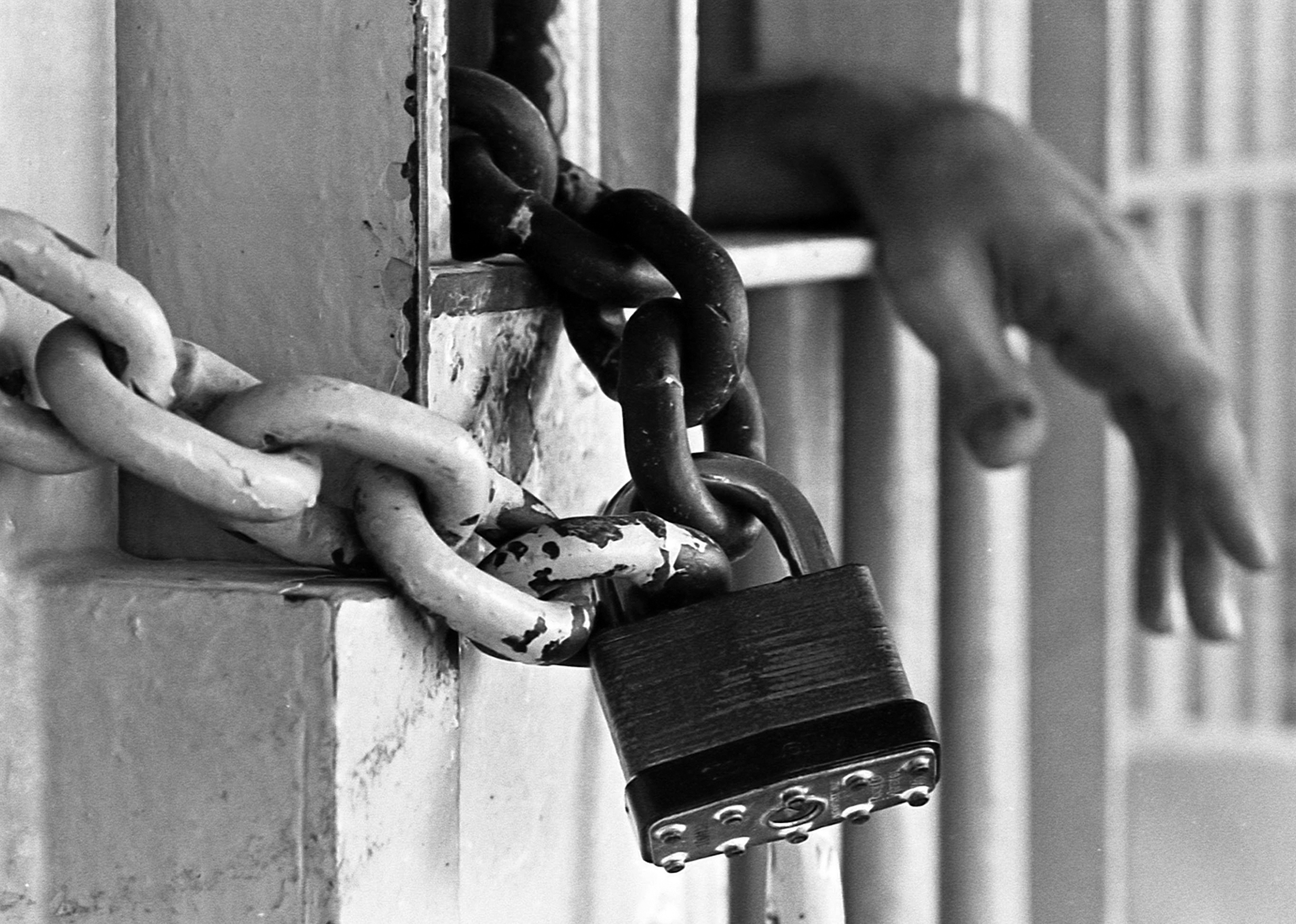Short Essay on the Prisoner’s Rights – The principle behind the prisoner’s rights movement is that even though they are deprived of liberty, they are entitled to basic human rights.
Despite the imprisonment, prisoners retain certain basic rights provided under Articles 14, 19 and 21 of the Constitution. The rights of access to the Courts for respect for one’s bodily integrity that is, not to be assaulted—are such fundamental rights.
Prisoners lose only those civil rights that are taken away expressly by an Act of Parliament or by necessary implication. The test in every case is whether the right is fundamental and whether there is anything in the Prison Act, 1952; the Prison Rules, 1999 or elsewhere which authorises the prison authorities to limit such a right.
ADVERTISEMENTS:
The State is also allowed to place limits on prisoner’s rights if it is considered necessary for the prevention of crime, to protect the safety of the prisoners or others. Inspite of detailed prison rules, transparency has always been lacking. Secure management has slipped into obscure management and once transparency is reduced, accountability becomes a farce.
Prisoners are often deprived of very basic human rights like their right to sue prison officials or government for maltreatment, not providing hygienic atmosphere to the prisoners, blockading inmates of freedom of religion etc.
National Human Rights Commission has been receiving complaints from and on behalf of convicts undergoing life imprisonment about non-consideration of their cases for premature release even after they had undergone the imprisonment for over 10 to 20 years.
ADVERTISEMENTS:
After closer study, the Commission noticed that although the said power of premature release is to be exercised by the State Government, under section 432 of the Code of Criminal Procedure, the procedure and practice followed by State Government is not uniform.
Right to speedy trial is a facet of fair procedure guaranteed in Article 21 of the Constitution. Needless or prolonged detention not only violates very basic right, but also amounts to blatant denial of human rights of freedom of movement to these vulnerable segments of the society who need the protection; care and consideration of law and criminal justice dispensation system.
Handcuffing, use of third degree methods are often used on prisoners which is an illegal act. To overcome these menace, the government must re-educate the police out of their sadistic arts and inculcate a respect for the human person, a process which must begin more by example than by exhortations.
Jail manuals and Acts should be affordable and easily available to them. Opening prisons to civil society may be one of the most important means of attending to numerous problems faced by prisoners secluded from society and this is where the role of N.G.Os and other welfare organisation can be appreciated and utilised.
